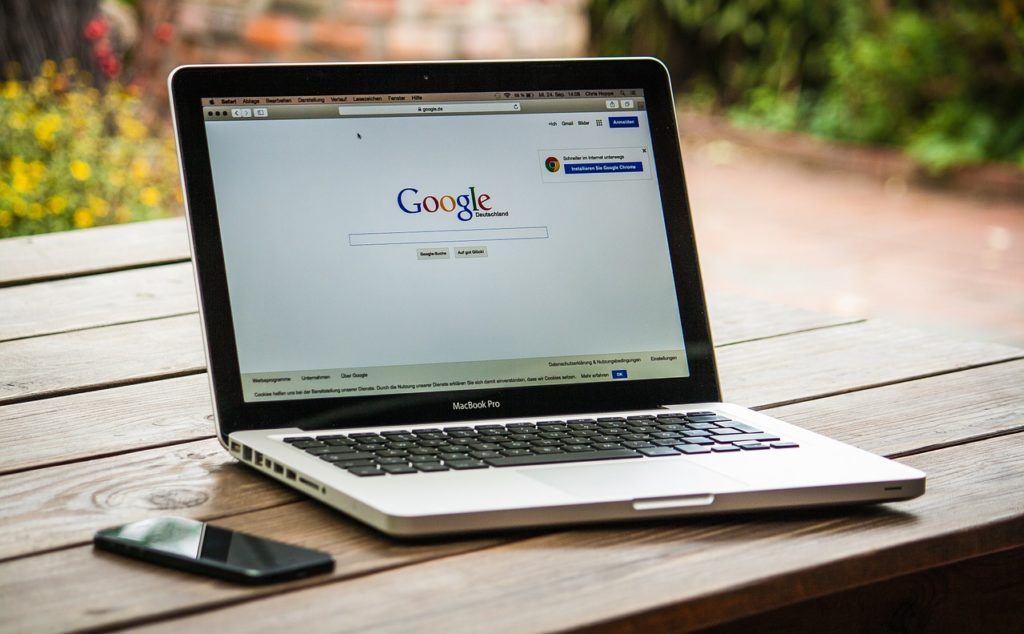Could Switching Off Social Media Benefit You?
Wheatsheaf old glossop | Uncategorized |
Increasing young adults in their 20s are finding that they are spending large portions of their day or life on their laptops or computers. This means that they are kept constantly up to date with the latest goings on in the digital world as well as on social media. However this can have a negative effect and surveys have shown that the popularity of the concept of a “digital detox” has been on the rise for a number of years.

Digital Detox
So what exactly is a digital detox and how does it work? A digital detox goes by the concept of people completely if not totally disengaging from all forms of social media. This is though to give people a break from the online world and can help to give people a different perspective on life. One of the most common reasons for choosing the digital detox that young people have cited is that social media has been a big distraction.
Lets face it , we’ve all been guilty of using our phone in social situations as soon as there is a momentary sign of boredom, checking through all the social media channels. Many people who leave social media to appreciate and enjoy the benefits of instant communication but feel that they would benefit for a brief time or even permanently. To understand why people feel the need to do this it is important to find out the negative effects social media can have on people.

The Negative Side Of Social Media
As previously mentioned with the good comes the bad and the same principle goes for social media. Sadly young people on social media platforms are often very easily influenced by the peers and this can lead to misinformation being spread online. As well as this occurring bullying and harassment can often also be common behaviours which are hard to police on these types of sites.
Unfortunately in some of the worst cases this has actually led to a number of teenagers taking their own lives as a result of abuse experienced online. This clearly illustrates the dark side of social media and illustrates that it can become toxic. In order to tackle these sorts of behaviours more education at schools and in communities is needed about the wider effects of social media and its affect on people’s mental health.

Driving Change
In order for change to happen within these platforms much more needs to be done to educate young people about the dangers of social media. Social media is inherently designed to become highly addictive and users are often encouraged to stay on the platform. Some social media giants have taken baby steps to drive change by allowing users to track how much time they have spent on the app as well as notifying them when they has caught up on all their friends latest posts. Whilst this is a step in the right direction significantly more needs to be done to ensure that people are aware of the dangers of social media and can be conscious of how much time they are spending on the platforms.
As well as changes in the way social media is perceived , there should also be considerably more transparency when it comes to the use of peoples data online. Recently Facebook was exposed by a whistle blower for allowing the sale of users data to a private data firm. This caused widespread discontent with its founder mark zuckerburg having to testify in front of a US senate panel. Overall to conclude a significant shift in attitudes as well as education is needed to ensure that social media does not become more of a hindrance on our lives

